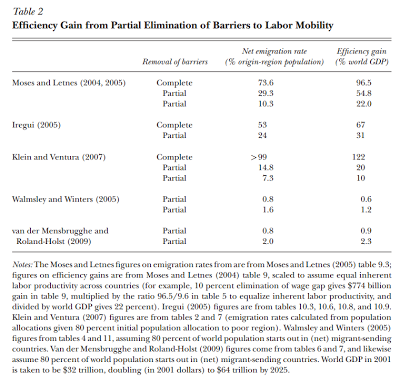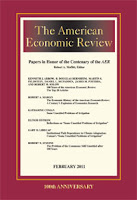Graph of the week: The Great Gatsby curve

I've posted this curve in my previous blog : Source: Alan Krueger: "The Rise and Consequences of Inequality in the US" (FYI: The Great Gatsby is a famous novel by an American author Scott Fitzgerald describing the decadence of the US upper classes in the "roaring 20-ies". There is (another) movie released about the book recently, staring Leonardo Di Caprio). The source is Krueger's presentation from January last year at the Center for Economic Progress. You can see the slides here . The curve depicts a relationship between inequality (measured by the Gini index) and intergenerational earnings elasticity (if it's more elastic then people find it harder to move between income classes). The US, even though it's positioned pretty high (relative to other developed nations), is projected to be even higher if 2010 Gini were to be taken into account. This means that among the developed countries the US is by far the worst in its high inequality a...






